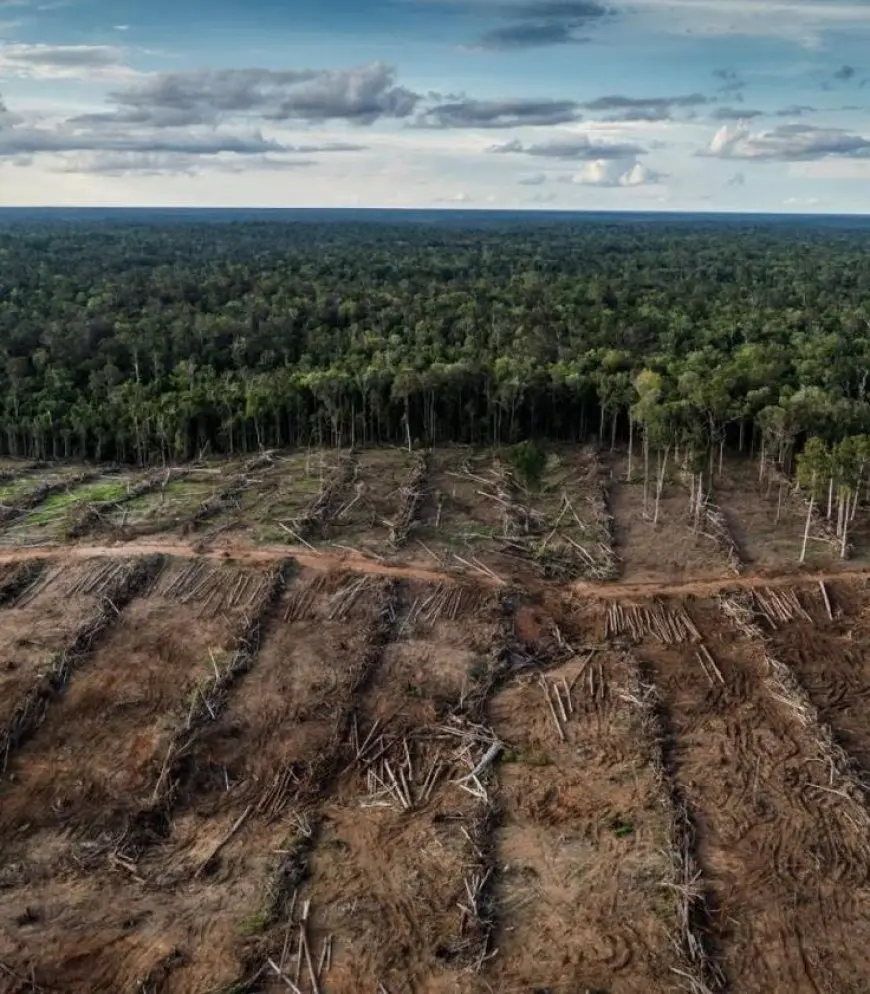Understanding Deforestation and Its Impacts
Understanding Deforestation and Its Impacts

Deforestation, the large-scale removal of trees and vegetation, is one of the most pressing environmental challenges facing the world today. Forests are critical to maintaining ecological balance, supporting biodiversity, and sustaining human livelihoods. However, the rapid loss of forested areas due to human activities has far-reaching consequences for ecosystems, climate, and communities.
Causes of Deforestation
Deforestation is primarily driven by human activities. Agriculture, including the expansion of farmland and cattle ranching, is a major cause, as forests are cleared to make way for crops and grazing lands. Logging, both legal and illegal, contributes to the depletion of forest resources for timber and paper products. Urbanization and infrastructure development also play significant roles, as forests are removed to build roads, cities, and industrial zones. Additionally, mining activities in forested regions exacerbate land degradation and habitat destruction.
Environmental Impacts
The environmental consequences of deforestation are profound. Forests act as carbon sinks, absorbing carbon dioxide and mitigating climate change. Their removal releases stored carbon into the atmosphere, contributing to global warming. Deforestation also disrupts the water cycle, reducing rainfall and increasing the risk of drought. Soil erosion becomes more prevalent when trees are removed, leading to loss of fertile land and sedimentation in rivers.
Loss of Biodiversity
Forests are home to an incredible variety of plant and animal species. Deforestation destroys habitats, pushing many species to the brink of extinction. The loss of biodiversity weakens ecosystems, making them less resilient to changes and reducing the availability of resources that humans depend on, such as medicinal plants and food sources.
Social and Economic Impacts
Deforestation has significant social and economic implications. Indigenous communities who depend on forests for their livelihoods and cultural practices are often displaced. The loss of forests can lead to economic instability in regions reliant on forest-based industries. Furthermore, deforestation exacerbates climate-related challenges, such as extreme weather events, which disproportionately affect vulnerable populations.
Solutions and Conservation Efforts
Addressing deforestation requires coordinated global and local efforts. Sustainable agricultural practices, reforestation initiatives, and stricter regulations on logging and land use can help reduce forest loss. Supporting Indigenous rights and incorporating traditional knowledge into conservation strategies are also vital. Consumers play a role by choosing products that are sustainably sourced and reducing demand for items linked to deforestation.







